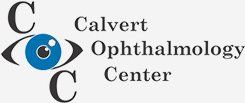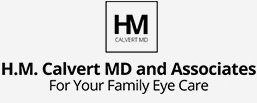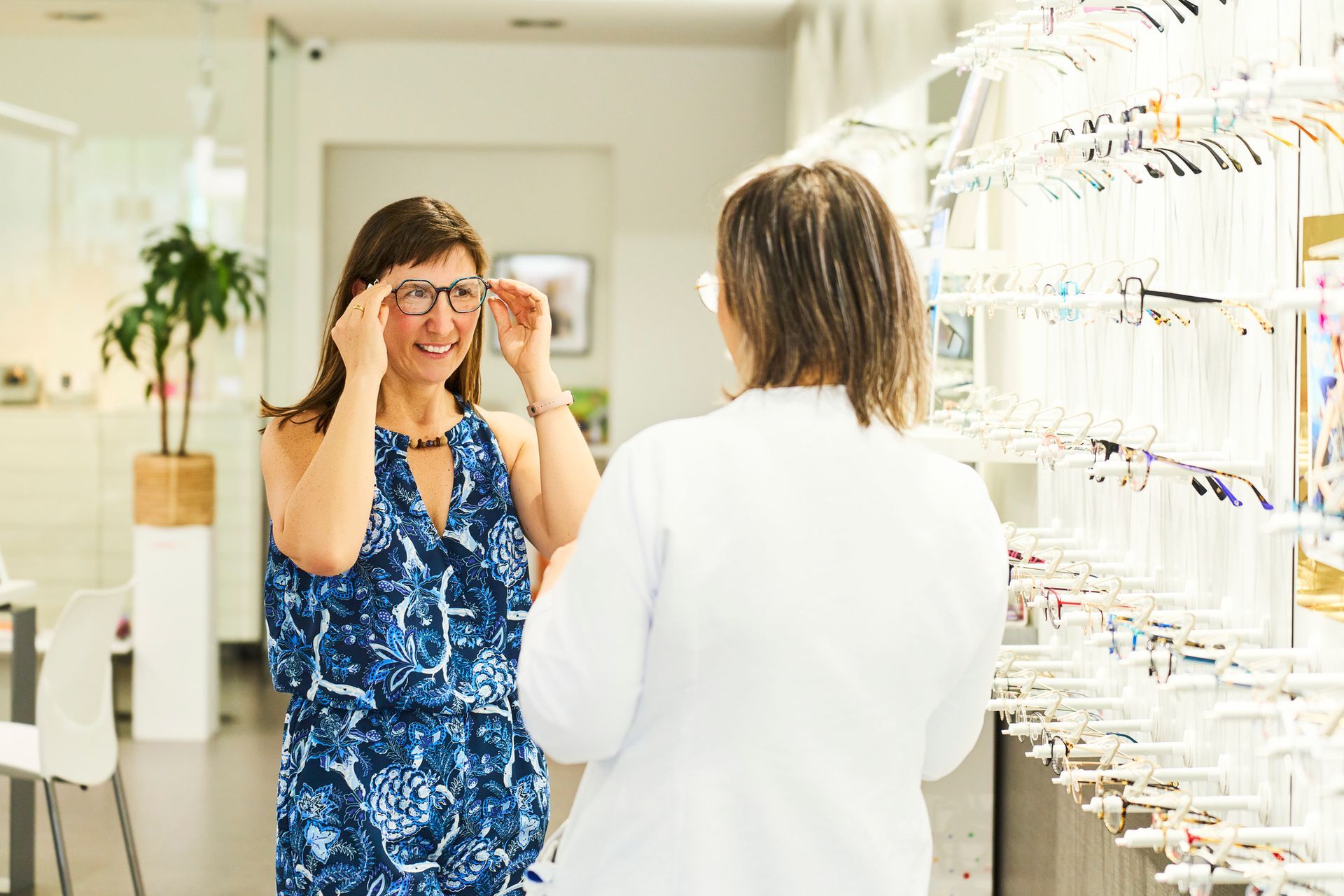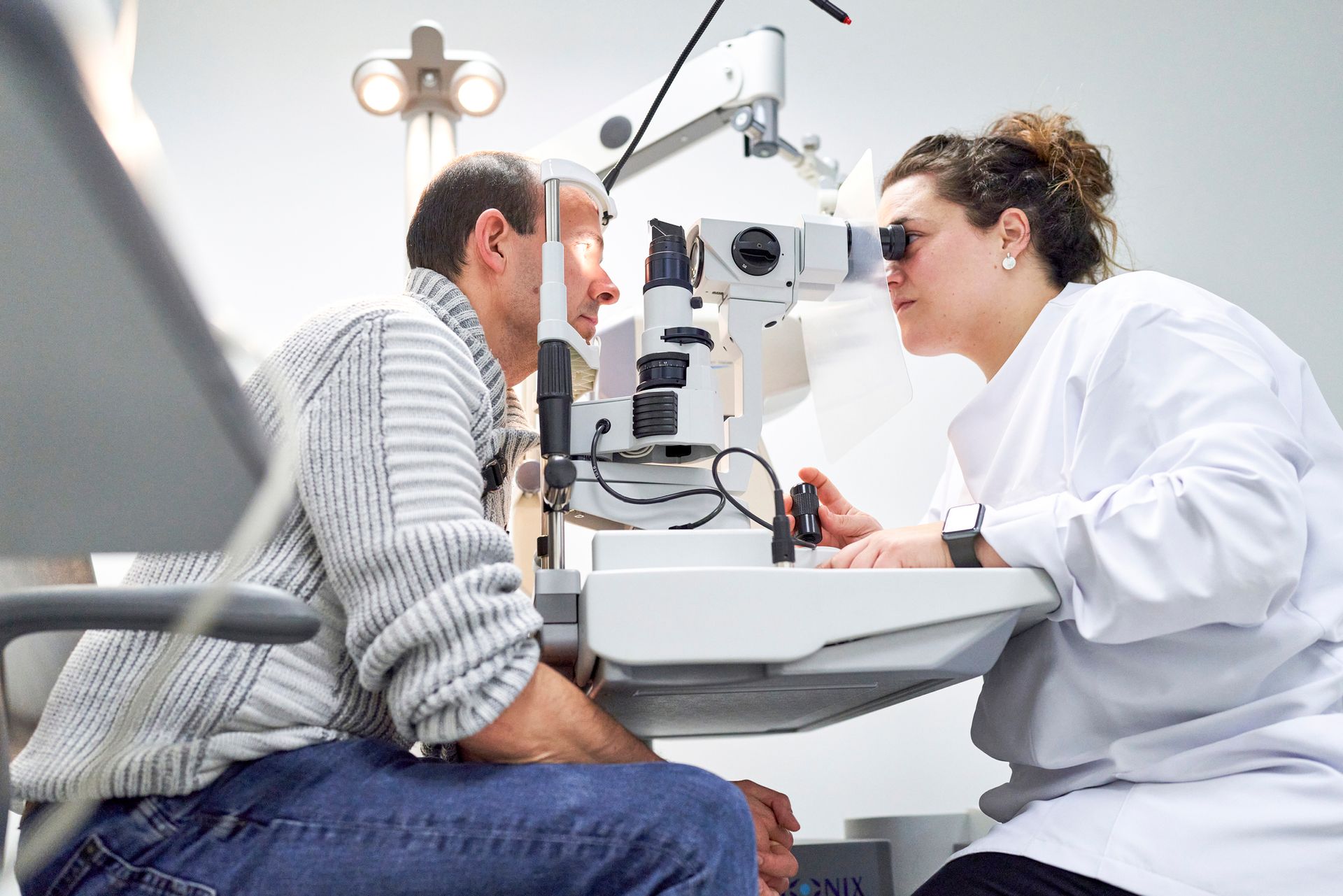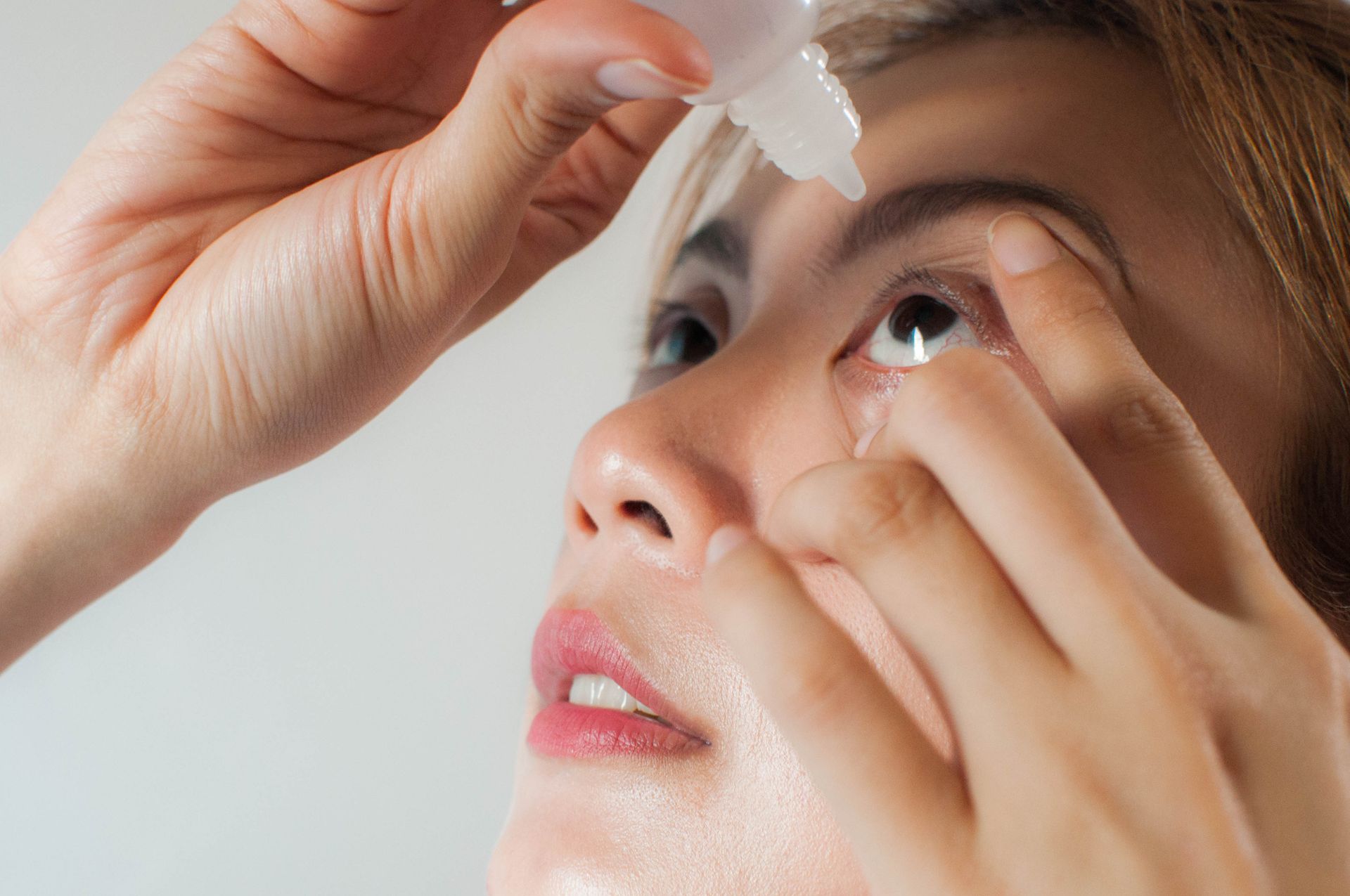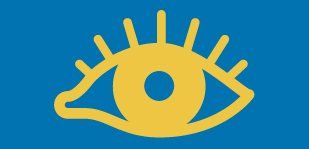What to Expect During Your Eye Exam
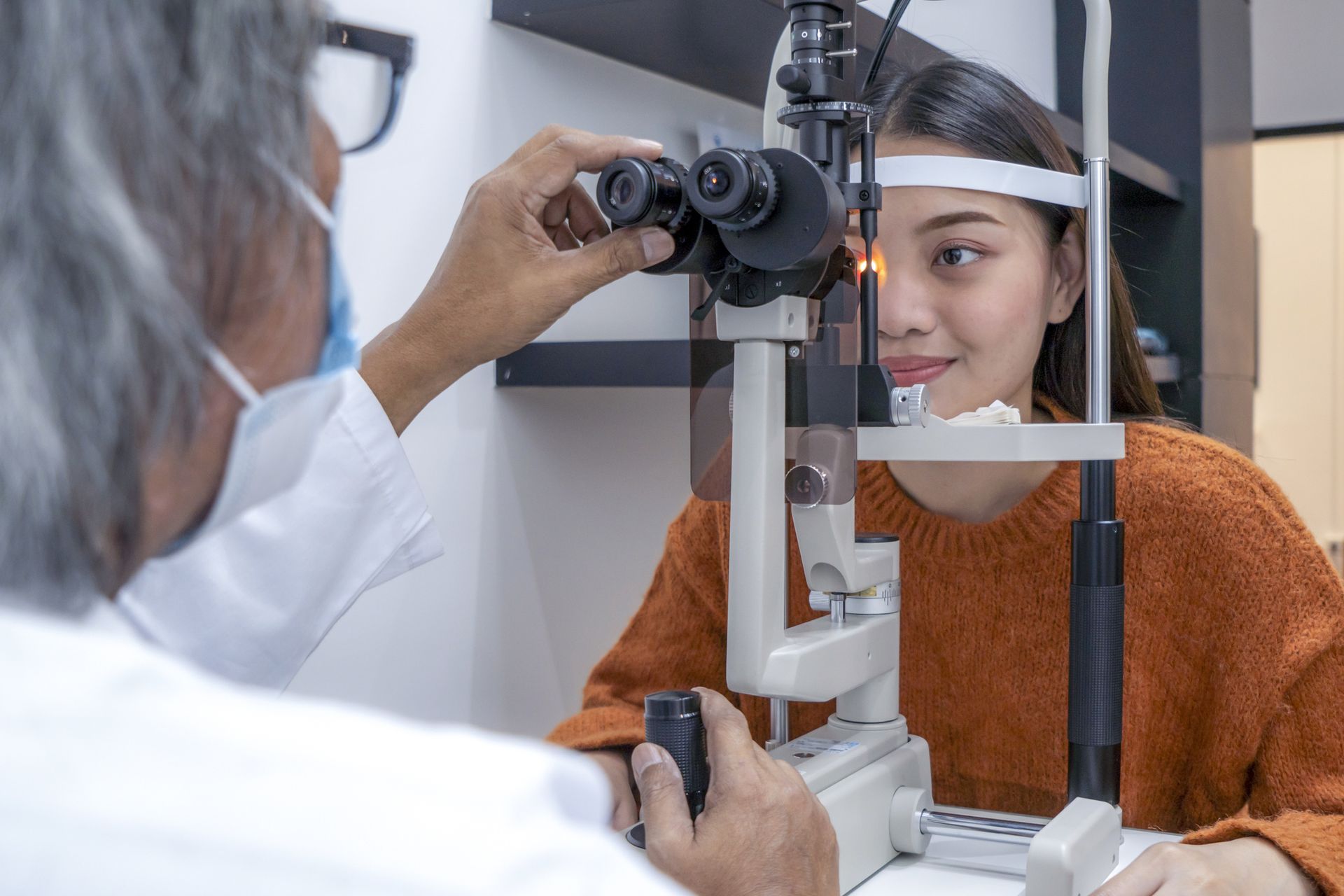
Have you been wondering what actually happens during an eye exam? If so, you’re not alone, and you’ve just found the perfect guide tailored for anyone seeking eye exams in Nashville, TN. At Calvert Ophthalmology Center, we understand the importance of regular eye exams—not only to update your prescription but also to ensure the overall health of your eyes. Whether it’s your first exam or you’re returning after some time, we want you to feel comfortable and informed every step of the way. This article will give you a clear overview of what to expect, including the modern technology used and how your results guide personalized care.
Regular eye exams play an essential role in detecting early signs of serious eye conditions that might not show symptoms immediately, such as glaucoma and diabetic retinopathy. In addition, maintaining your vision sharpness benefits every aspect of daily life—from driving safely to reading and working comfortably. Whether you live in East Nashville, Green Hills, or downtown, Calvert Ophthalmology Center is your local partner for trusted, expert eye care.
Step-by-Step Explanation of a Typical Eye Exam
When you visit Calvert Ophthalmology Center for an eye exam, the process is thorough but comfortable, tailored to meet your individual needs and concerns. Here’s a detailed walkthrough of what typically happens during your visit:
1. Initial Assessment & Medical History
Your exam starts with a conversation focused on your eye health history, current concerns, and overall medical background. Dr. Sheryl Calvert will inquire about any vision changes, discomfort, or family history of eye conditions like macular degeneration, cataracts, or glaucoma. This helps tailor the remainder of the exam and identify any risk factors early on.
2. Vision Tests
The foundation of your eye exam is a series of vision tests designed to evaluate how clearly you see at different distances. You’ll be asked to read letters from an eye chart placed across the room to test your distance vision, followed by assessments for near vision, such as reading small print. These tests quickly reveal common refractive errors—nearsightedness, farsightedness, or astigmatism—that can be corrected with lenses.
3. Refraction Test
This is the “which is better, one or two?” part of the exam. Using an instrument called a phoropter, Dr. Calvert will place different lenses in front of your eyes and ask for your feedback. This fine-tunes your prescription and ensures the lenses you receive offer the sharpest, most comfortable vision possible. For those needing contact lenses, specialized fitting will also be discussed to guarantee comfort and safety.
4. Eye Health Screening
Your eye health is just as important as your eyesight. Dr. Calvert uses advanced diagnostic tools to evaluate the internal and external structures of your eyes. This includes:
- Tonometry: Measures intraocular pressure to screen for glaucoma, a condition that can cause irreversible vision loss if untreated.
- Retinal Imaging: High-resolution images of the retina and optic nerve help detect early signs of conditions such as diabetic retinopathy, macular degeneration, or retinal detachment.
- Slit-lamp Examination: A microscope with a bright light to closely view the cornea, lens, and other anterior eye structures for abnormalities or signs of infection, dry eye, or cataracts.
Some patients may require pupil dilation during the exam for an even more comprehensive retinal evaluation. While dilation can cause temporary light sensitivity and blurred near vision, it allows Dr. Calvert to detect subtle issues that could otherwise go unnoticed.
5. Lens Prescription and Recommendations
After completing the tests, you’ll receive your updated eyeglasses or contact lens prescription if there’s been a change in your vision. Dr. Calvert will also discuss any findings related to eye health and recommend treatments or lifestyle adaptations as needed. For example, if early cataracts have been detected, you’ll be informed about symptoms to watch for and follow-up care plans.
Modern Technology and Diagnostic Tools at Calvert Ophthalmology Center
Calvert Ophthalmology Center is proud to offer the latest innovations in eye care technology to ensure your exam is as precise and informative as possible. Below are some of the diagnostic tools you can expect during your visit:
- Optical Coherence Tomography (OCT): A non-invasive imaging test that captures detailed cross-sectional images of the retina. It’s invaluable for detecting issues like macular degeneration and glaucoma at their earliest stages.
- Digital Retinal Photography: Provides a high-resolution, permanent image of your retina to track eye health changes over time without dilation in some cases.
- Corneal Topography: Maps the surface of your cornea, helpful for patients interested in contact lenses or evaluating conditions like keratoconus.
- Visual Field Testing: Assesses your peripheral (side) vision, helping diagnose glaucoma and neurological disorders.
The combination of advanced technology and Dr. Calvert’s expertise gives you confidence in your eye health assessment’s accuracy and thoroughness.
Common Questions Patients Have Before Their First Eye Exam
Whether you’re new to eye exams or haven’t had one recently, it’s normal to have questions. Here are some answers to common patient concerns:
How long does a comprehensive eye exam take?
Typically, between 45 minutes and an hour, depending on your health history and whether pupil dilation is required.
Will the exam be uncomfortable?
Most tests are painless and quick. Pupil dilation can cause light sensitivity and a blurry feeling near vision temporarily.
Do I need to bring anything?
Bring your current glasses or contacts and a list of any medications or health concerns to provide the most accurate context for your eye assessment.
How often should I have an eye exam?
For adults with no known eye issues, at least once every two years is recommended. More frequent exams are advisable for children, those with vision problems, or individuals with risk factors like diabetes.
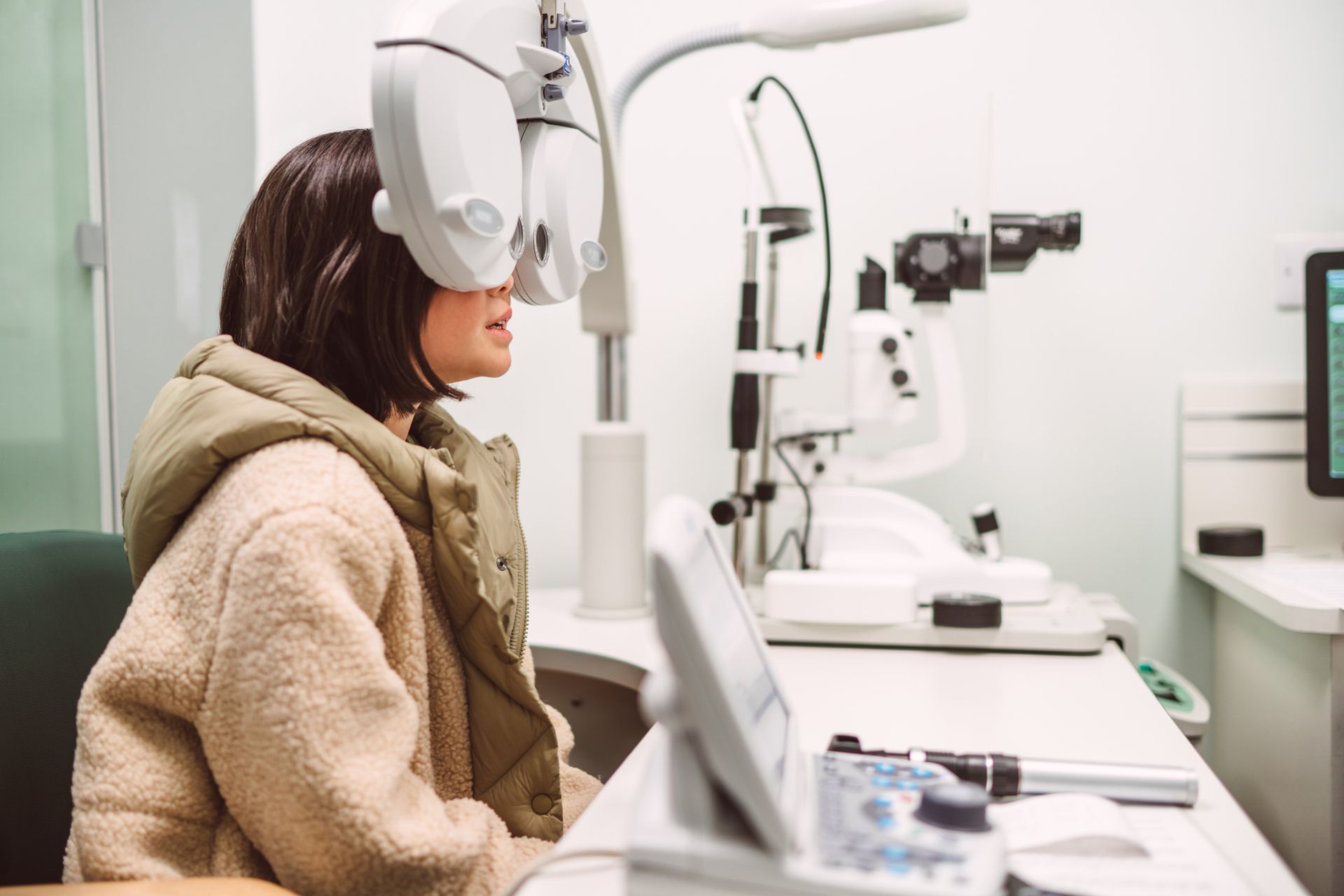
How Results Are Used to Create Personalized Treatment Plans
Your eye exam results provide a comprehensive picture of your vision and overall eye health. Dr. Calvert uses this information to design personalized treatment plans, which may include:
- Prescription glasses or contact lenses tailored to your vision needs
- Medical or surgical treatments for diagnosed eye conditions
- Recommendations for lifestyle modifications that protect your eyes, such as UV-protective eyewear or diet changes
- Scheduling of regular follow-ups or referrals to specialists if needed
Personalized care ensures that your vision is optimized and any potential problems are caught early, helping you maintain your quality of life for years to come.
Benefits of Seeing a Local Nashville, TN, Provider
Choosing a Nashville-based provider like Calvert Ophthalmology Center comes with significant benefits. Beyond convenience, local care providers understand the unique healthcare environment and lifestyle factors of the community they serve. This means:
- Easy access to your eye doctor for prompt treatments and follow-ups
- Continuity of care that strengthens patient-provider relationships
- Knowledge of local and regional health trends that may impact eye health
- Personal attention from a practice committed to Nashville’s residents and families
Living and working in Nashville means your eye care should be both accessible and deeply personalized—advantages you gain by choosing Calvert Ophthalmology Center.
Ready to Protect Your Vision With Expert Eye Exams in Nashville, TN?
Your vision is one of your most precious senses. Ensuring it stays sharp and healthy should be a priority, and Calvert Ophthalmology Center is here to support you every step of the way. If you’re in Nashville, TN, and seeking expert, compassionate eye care that uses the latest technology, contact us today.
Schedule your comprehensive eye exam by visiting our contact page or calling us directly at (931) 552-2233. Experience personalized care from a trusted local provider who truly understands your eye health needs. Don’t wait to give your eyes the attention they deserve—book your appointment with Calvert Ophthalmology Center today!
